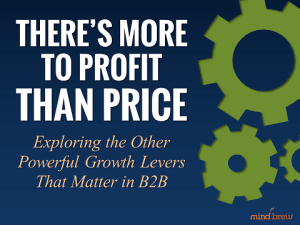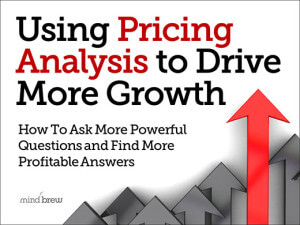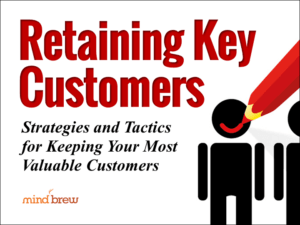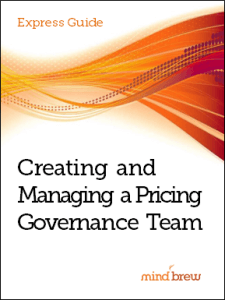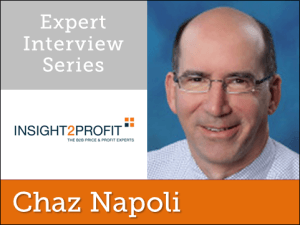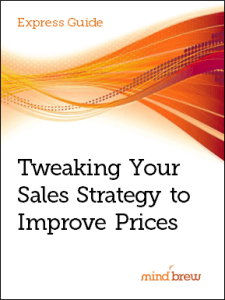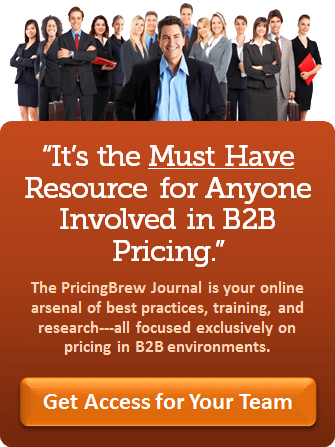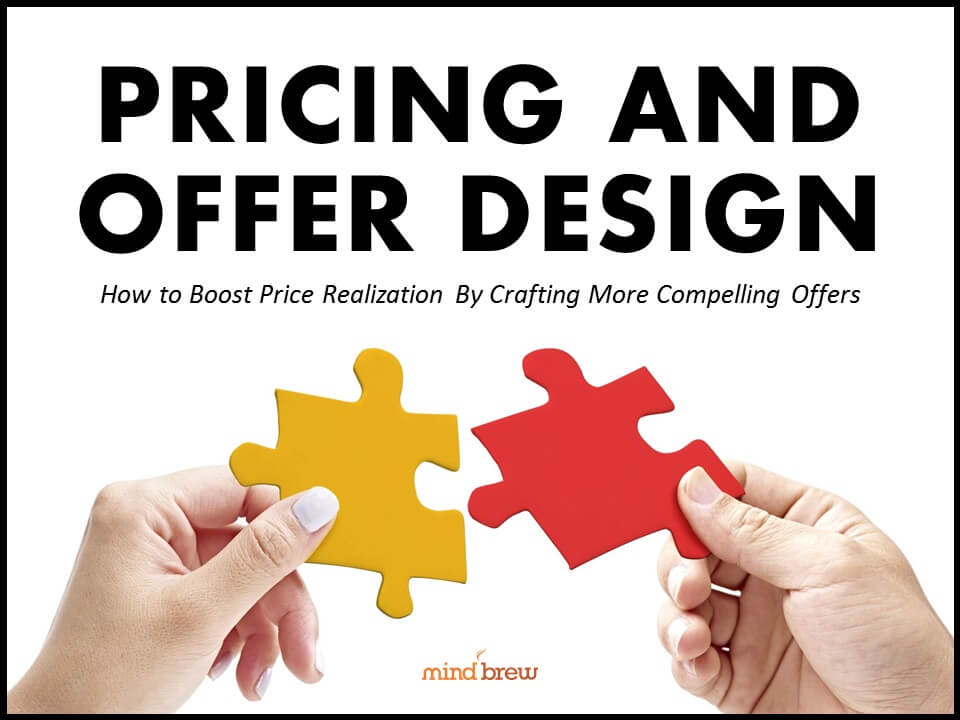Most high school physics classes begin by studying the work of one of the greatest scientists of all time — Sir Isaac Newton.
Somewhat ironically, Isaac Newton would not have considered himself a physicist or even a scientist. You see being a physicist wasn’t really a thing before Isaac Newton. In fact, people didn’t use the word “physicist” until 1840, and “scientist” first appeared in print in 1834. Newton died in 1724.
Newton considered himself a philosopher, a natural philosopher, to be precise. He even titled his best-known book Philosophiæ Naturalis Principia Mathematica, which translates to The Mathematical Principles of Natural Philosophy.
And “philosopher” was an apt title for what Newton was doing. He was considering big questions about the nature of matter and space and why heavenly bodies move the way that they do.
The best B2B pricing people are little like Newton.
No, we’re not saying that you need to be adept in calculus (although it doesn’t hurt) or that you need to be coming up with theories that alter the course of science in your spare time.
But you do need to be a big thinker.
Great pricing people recognize that they can leverage their knowledge to find new avenues for additional revenue and margin. They realize that looking at a broader spectrum of problems can uncover opportunities that others have never considered. For example, they might consider things like
- Portfolio Spend — How can we get more sales from existing customers so they buy greater quantities or more product lines?
- Customer Retention — How can we keep more of the customers we have so they don’t defect to competitors?
- Customer Targeting — How can we find more customers similar to the best ones we have today?
At first glance, these might not seem like pricing questions. However, they are definitely profitability questions. By using the same data and techniques that you use to answer very narrow pricing questions, you also might be able to find answers to these broader, more strategic questions.
If you’d like to learn more about how to do that, check out these webinars:
- There’s More to Profit Than Price
- Generating More Sales from Existing Customers
- Using Pricing Analysis to Drive More Growth
- How to Retain Your Key Customers
Newton revolutionized science in ways that continue to be felt centuries after his death. Your pricing activities might not be quite as profound, but if you start tackling broader philosophical questions, you might just find that you have a far bigger impact than you expected.

